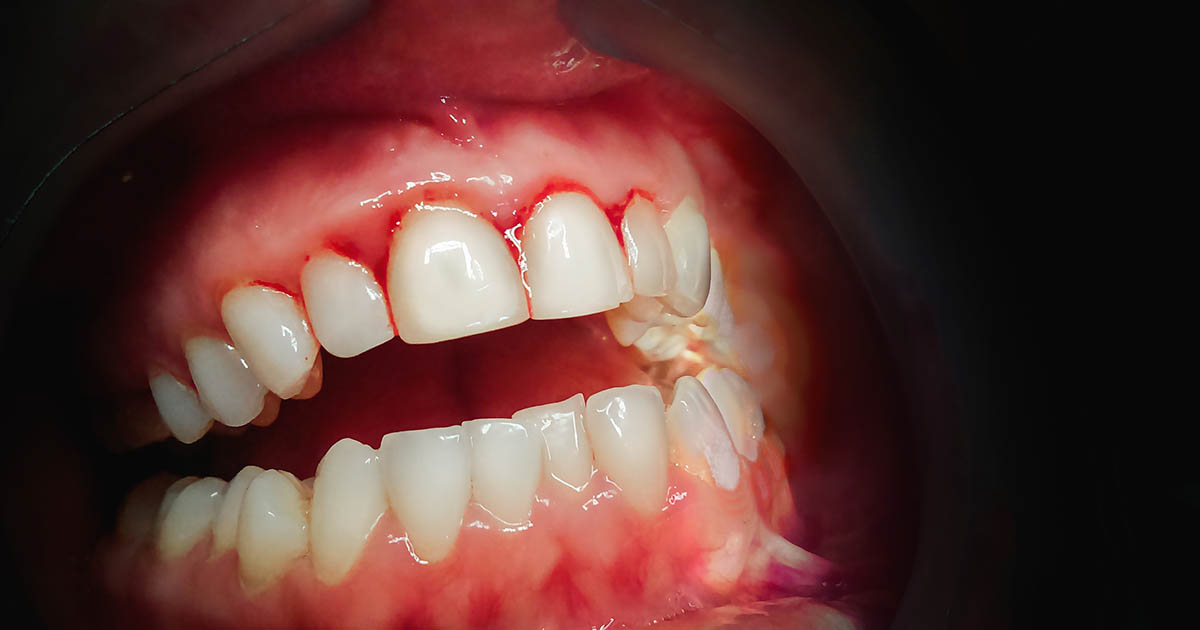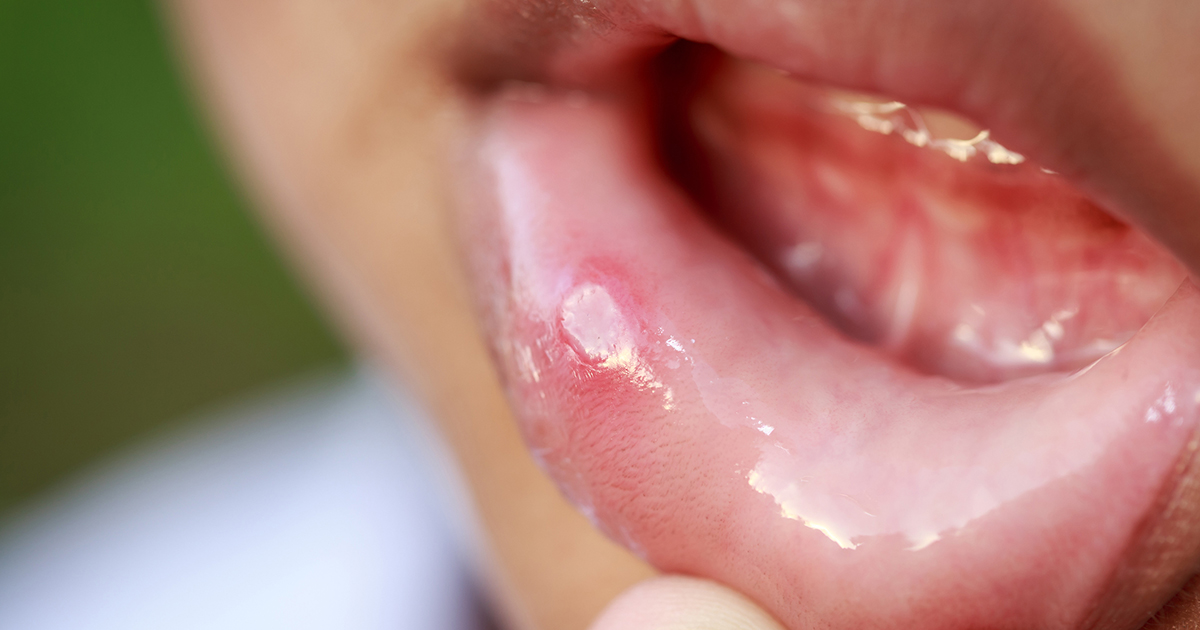Warning Signs Of Inflamed Gums
When thinking about dental health, individuals typically focus on cavity prevention. However, the gums are just as important for maintaining oral hygiene, and failure to take proper care of them can result in a variety of gum diseases. In many instances, inflamed gums are a sign of a problem, such as disease or infection. Whatever the cause, steps can be taken to prevent, treat, and minimize damage and pain. Keeping an eye out for the following red flags can ensure a diagnosis occurs early-on and effective treatment can begin quickly. If an individual notices any of the following warning signs of inflamed gums, they should visit the dentist as soon as possible.
Bleeding Gums

Healthy gums will not bleed when an individual eats hard foods, brushes their teeth, or during flossing. It's normal to accidentally press too firmly while flossing from time to time, causing a bit of blood to drip between the crevices of the teeth. However, if an individual notices blood coming from the gums regularly and seemingly without a cause, it's likely due to bacterial build-up along the line of the gums. This can lead to inflammation of the gums, gingivitis, and, eventually, periodontitis, which must be taken very seriously. Thus, booking an appointment with a dentist as soon as possible when dealing with inflamed, bleeding gums is crucial.
Mouth Sores

Uncomfortable, unsightly, and often painful, mouth sores are another warning sign of inflamed or infected gums. They can arise in any part of the mouth, from the roof to the cheeks and even the lips. Mouth sores can begin with redness and swelling along the lining of the mouth or develop as single ulcer-like holes. These ulcers occur when the top layer of cellular tissue breaks down, causing a painful opening in the tissue. Some appear red, while others are white due to food debris and dead cells. Some mouth sores are more blister-like, raising from the tissue in mounds filled with a clear fluid. Canker sores may also develop. But no matter what kind of mouth sore they are, their presence can indicate inflamed gums, along with viral or bacterial infection.
